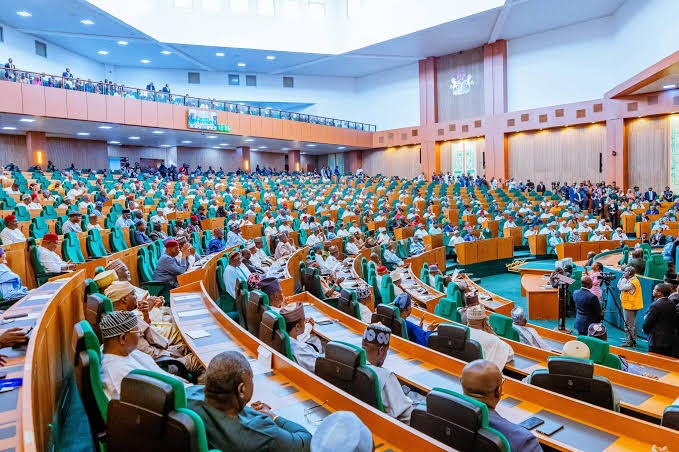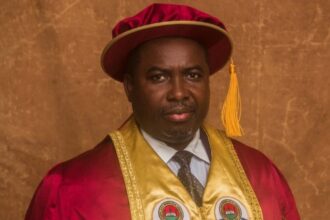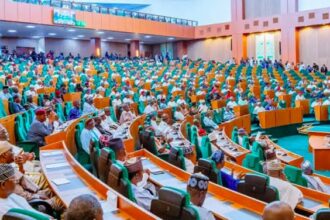
The Nigerian Senate has progressed the Local Automotive Industry Patronage Bill, 2025, to second reading, paving the way for a law that mandates Government Ministries, Departments, and Agencies (MDAs) to prioritise vehicles manufactured in Nigeria.
Introduced by Senator Patrick Ndubueze, representing Imo North, the Bill aims to boost the local automobile industry, create employment opportunities, stabilise the naira, and support long-term economic growth. While introducing the Bill at Thursday’s plenary, Ndubueze criticised Nigeria’s dependence on imported vehicles, calling it harmful to the nation’s industrial capacity and financial stability. “Nigeria has consistently ignored homegrown products in favour of foreign alternatives that are not necessarily superior. This neglect contributes to the naira’s ongoing depreciation and rising inflation,” he remarked.
He revealed that although 54 licences had been granted for automobile production in Nigeria, only six firms remain active.He linked this decline to poor infrastructure and foreign exchange challenges, which have caused several companies to relocate to other countries like Ghana, where they are now setting up assembly plants for the Nigerian market.
To counter this, Ndubueze called for a robust automotive policy that would require at least 75% of vehicles procured by public institutions to be manufactured locally, not merely assembled. He recommended that the president, vice-president, Senate President, and Speaker be exempt from the policy during its initial implementation. He also suggested strict eligibility standards for local manufacturers, such as employing at least 70% Nigerian staff, investing 75% of R&D funds locally, and possessing advanced production tools like robotic painting and electrophoresis systems.
He maintained that supporting local auto producers should be treated as an issue of national security as well as economic policy.Referring to examples from China, India, and Malaysia, Ndubueze pointed out that these countries once limited vehicle imports to grow their domestic markets, a strategy that eventually made them exporters, including to Nigeria.
Other senators voiced strong support for the Bill. Senate Chief Whip Tahir Mongunu said the legislation would formalise an earlier directive from the Federal Executive Council on local vehicle procurement, shielding it from potential policy reversals. “This Bill offers permanence to a policy that was previously vulnerable to political shifts,” Mongunu said.
Deputy Senate President Barau Jibrin also endorsed the initiative, noting that it would provide job opportunities for Nigerian engineers and attract further investment into the local auto sector.The Bill has now been referred to the Senate Committee on Public Procurement, which is expected to report back within four weeks.
Source : https://businessday.ng/






